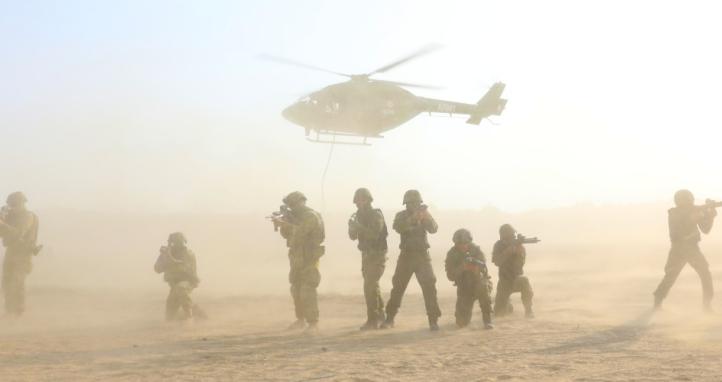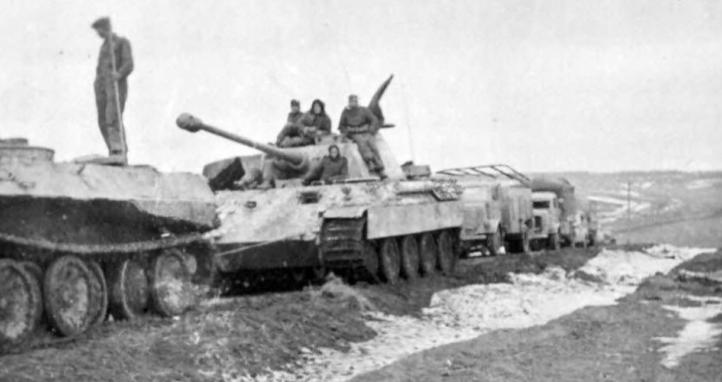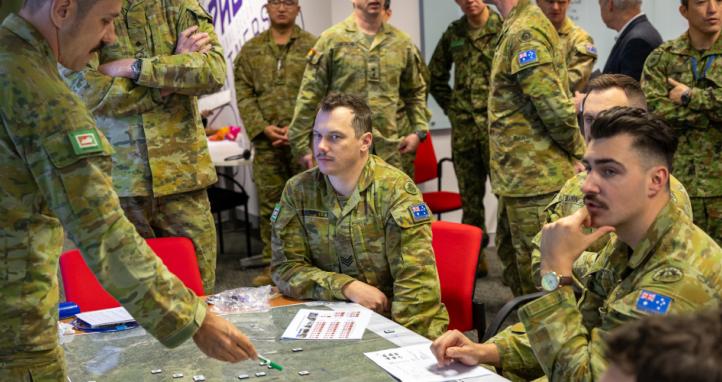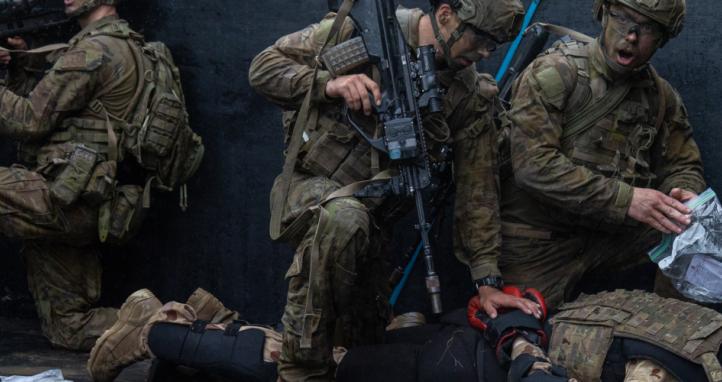2019 Staff Pick | SO1 PME
Earlier this year I had the privilege of interviewing retired Major General Tim Cross CBE, a former logistician in the British Army, about the changing character of war. The result was a fascinating and wide-ranging conversation. The talk covered a military life that begin as a young officer during the Cold War and ended as the Commander of Theatre Troops, then a divisional sized logistics formation.
During his service, Major General Cross was a bomb disposal expert during the worst days of the Troubles in Northern Ireland, established refugee camps for Kosovar Albanians during the Kosovo Crisis, and was Jay Garner's deputy in the Office for Reconstruction and Humanitarian Assistance for Iraq following the 2003 invasion.
It is rare that senior officers, even those who are retired, give such candid and honest interviews. This podcast on the changing character of war is one of those rare occasions. I encourage you to take some time over this leave period to listen to this interview and reflect on how you, as military professionals, will prepare for the challenges of the furture.
Overview
In this occasional podcast, The Cove speaks with retired Major General Tim Cross CBE, late of the British Army, about the changing character of war from the Cold War through to the more recent campaigns in the Middle East. He discusses the shift in conceptual thinking over the last five decades, from the conventional attrition warfare envisaged during the Cold War to the manouverist approach of the First Gulf War and the wars that have dominated the last twenty years. The podcast includes discussions on military strategy during the Cold War, the impact of peacekeeping missions in places such as Rwanda and Kosovo on the development of the Responsibility to Protect doctrine, and the change in military thinking that occurred after 9/11, particularly in the US. Major General Cross provides a unique insight into how conceptual thinking has evolved as a result of lessons learned during recent campaigns and the necessity of maintaining a future focus on state on state (or near peer) conflict while being able to operate across the spectrum of conflict. As an officer who has found himself involved in most of the conflicts fought by the British Army since the fall of the Berlin Wall, including being at the very centre of strategic decision making during the invasion of Iraq, his observations are a must for any military professional.
About the interview: Major General Timothy Cross, CBE is a retired British Army officer and military logistics expert. He has commanded at every level, from leading a small Bomb Disposal Team in Northern Ireland in the 1970’s to commanding a Division-sized organisation of 30, 000 between 2004-2007. After deploying as a battalion commander to Kuwait/Iraq in 1990-91, he attended the Higher Command and Staff Course in early 1995 before serving as a Colonel in Bosnia between 1995-96 and again in 1997. In 1999, as a Brigadier in command of 101 Logistic Brigade, he deployed to Macedonia, Albania and Kosovo. He was appointed CBE in the subsequent operational awards for his work in leading the NATO response to the Humanitarian crisis. Handing over command in 2000 he attended the Royal College of Defence Studies and then, in 2002, he became involved in the planning for operations in Iraq; subsequently deploying to Washington, Kuwait and Baghdad as the Deputy of the US-led Office of Reconstruction and Humanitarian Affairs, later re-titled the CPA (the Coalition Provisional Authority). Returning to the UK in 2003, he took over a key staff appointment before assuming command of Theatre Troops, one of the three Divisions of the UK Field Army from October 2004 to November 2007. Since retiring in 2007 he has developed a portfolio of activities, including being appointed the Army Adviser to the UK House of Commons Defence Committee until 2012. He still runs the UK Office of an International Aid Agency and is a Visiting/Special Professor at three Universities.









